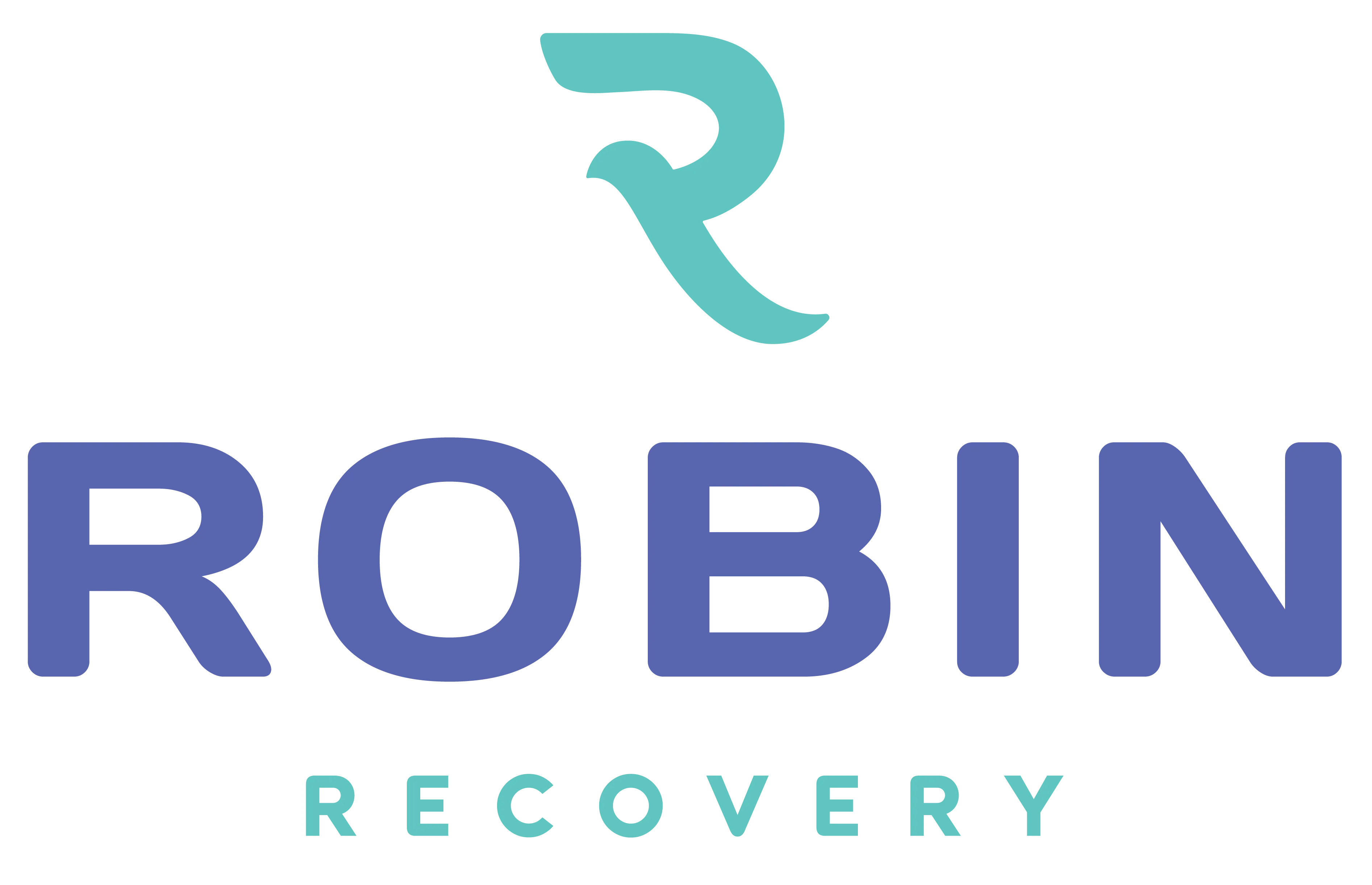Alcohol Absorption and Effects
Understanding how alcohol is absorbed into the body and the factors that influence its absorption is essential in unraveling how long it takes for alcohol to kick in and produce its effects.
Mechanism of Alcohol Absorption
When alcohol is consumed, it enters the bloodstream within minutes, as it does not require digestion. Approximately 20% of alcohol is absorbed through the stomach, while the remaining 80% is absorbed through the small intestine, where absorption is faster. This rapid absorption contributes to the relatively quick onset of alcohol's effects.
Factors Influencing Alcohol Absorption
Several factors can influence the rate at which alcohol is absorbed into the bloodstream and the subsequent onset of its effects. These factors include:
- Amount of Alcohol Consumed: The more alcohol one consumes, the more alcohol enters the bloodstream.
- Speed of Consumption: Consuming alcohol rapidly can lead to quicker absorption and a faster onset of its effects.
- Food in the Stomach: The presence of food in the stomach can slow down the absorption of alcohol. Protein and fatty foods, in particular, can delay intoxication as the pyloric valve closes when food is present [1].
- Tolerance to Alcohol: Individuals who regularly consume alcohol may have developed a tolerance, which can affect the rate of absorption and the perceived effects.
- Physical Condition: Factors such as body weight, metabolism, and overall health can influence how quickly alcohol is absorbed and its effects on the body.
- Medication/Drugs: Certain medications and drugs can interact with alcohol, affecting its absorption and intensifying its effects.
- Carbonation in Drinks: Carbonated drinks, such as sparkling wine or mixed drinks, may increase the rate of alcohol absorption compared to non-carbonated beverages.
- Altitude: Higher altitudes can accelerate the absorption of alcohol due to decreased oxygen levels and increased breathing rate.
It's important to note that individual responses to alcohol can vary. Factors such as gender, mood, and physical condition can influence the rate at which alcohol kicks in and its effects on the body. Additionally, the strength of the drink and how quickly it is consumed can also impact the time it takes for alcohol to kick in and produce its effects.
By understanding the mechanism of alcohol absorption and the various factors that influence its absorption, individuals can make informed decisions about alcohol consumption and better understand how long it might take for alcohol to take effect in their bodies.
Time Taken for Alcohol to Kick In
Understanding how long it takes for alcohol to kick in is important for responsible consumption. While individual experiences may vary, the general onset of alcohol effects typically occurs within a few minutes to a couple of hours after consumption.
General Onset of Alcohol Effects
On average, the effects of alcohol can typically be felt within a few minutes of consumption, with the onset usually occurring around 30 minutes after ingesting a drink containing alcohol. However, it's important to note that the time it takes for alcohol to kick in can vary depending on factors such as the strength of the drink and how quickly it is consumed.
According to information from Healthline, alcohol typically enters the bloodstream as soon as you take the first sip, and the effects can be noticeable within about 10 minutes. The full impact of alcohol may take longer, particularly for individuals with diabetes who may experience a blood sugar effect.
Individual Variation in Alcohol Absorption
It's essential to recognize that individual responses to alcohol can differ. Factors such as body weight, metabolism, tolerance, and overall health can influence how long it takes for alcohol to kick in and the intensity of its effects.
While the general onset of alcohol effects may occur around 30 minutes after consumption, peak blood alcohol concentration (BAC) is typically reached within 30 to 90 minutes after the last drink [3]. This variation in timing highlights the importance of understanding one's own tolerance and limits when consuming alcohol.
It's worth noting that the effects of alcohol can be influenced by external factors such as consuming alcohol on an empty stomach or in combination with carbonated beverages, as discussed in the following sections.
By being aware of the general onset of alcohol effects and recognizing individual differences, individuals can make informed decisions about their alcohol consumption and ensure their safety and well-being.
Impact of Gender and Body Composition
The effects of alcohol can vary between individuals based on their gender and body composition. Understanding these differences is essential in unraveling how long it takes for alcohol to kick in and its subsequent impact.
Gender Differences in Alcohol Metabolism
Alcohol affects men and women differently due to variations in estrogen levels, body fat, and body water. Females tend to have higher body fat percentages, which can lead to a higher blood alcohol concentration (BAC) and longer intoxication duration. This is because fat retains alcohol, prolonging its presence in the body.
Moreover, women typically have lower levels of body water, which results in less alcohol dilution compared to men. Additionally, women produce less of the enzyme dehydrogenase, which helps the liver break down alcohol. These factors contribute to women experiencing stronger and longer-lasting effects of alcohol compared to men [1].
Role of Body Composition in Alcohol Absorption
Body composition, including factors such as weight and muscle mass, can also influence alcohol absorption and metabolism. When men and women consume the same amount of alcohol, women tend to experience greater effects. This difference is primarily due to the varying levels of enzymes that break down alcohol in the body. Men generally have more of these enzymes, allowing for faster processing and elimination of alcohol. Additionally, men often have higher levels of total body water and lower body fat percentages, which can further affect alcohol metabolism [4].
It's important to note that individual variations exist within both genders, and factors such as genetics, medication use, and overall health can also impact alcohol metabolism. Understanding these gender-based and body composition-related differences can help individuals make informed decisions regarding alcohol consumption and recognize how alcohol may affect them personally.
In the next sections, we will explore additional factors that influence the time it takes for alcohol to kick in, including the effects of consuming alcohol on an empty stomach, the role of carbonation in alcohol absorption, and the factors affecting alcohol metabolism and detoxification processes.
Influence of Food and Drink Type
Understanding the effects of food and drink on alcohol absorption is essential for comprehending how long it takes for alcohol to kick in. The presence or absence of food in the stomach can significantly impact the rate at which alcohol is absorbed into the bloodstream.
Effects of Consuming Alcohol on an Empty Stomach
Consuming alcohol on an empty stomach can lead to faster absorption and a quicker onset of its effects. When the stomach is empty, alcohol is rapidly absorbed through the stomach lining and enters the bloodstream more rapidly. This results in an intensified and faster onset of alcohol's impact on the body. Blood alcohol concentration (BAC) tends to peak about 1 hour after drinking on an empty stomach.
On the other hand, consuming alcohol with food can slow down the absorption process. Food acts as a buffer between alcohol and the stomach lining, delaying the entry of alcohol into the bloodstream. This slower absorption rate can help to moderate the effects of alcohol and prolong the time it takes for alcohol to kick in [3]. Larger meals consumed closer to the time of drinking may further lower the peak blood alcohol concentration, potentially obstructing alcohol from entering the bloodstream or inhibiting stomach emptying into the small intestine.
Role of Carbonation in Alcohol Absorption
The carbonation present in certain alcoholic beverages, such as sparkling wine or carbonated mixed drinks, can also influence alcohol absorption. Carbonation may cause the stomach to empty more quickly, leading to a faster absorption of alcohol into the bloodstream. As a result, the effects of alcohol may be felt more rapidly when consuming carbonated alcoholic beverages [5].
It's important to note that individual variations exist in how alcohol affects different people. Factors such as body weight, metabolism, and tolerance levels can all contribute to differences in alcohol absorption and its onset of effects. Additionally, lack of sleep or fatigue can lead to quicker impairment, as reduced tolerance can cause impairment at lower blood alcohol concentration (BAC) levels than usual.
Understanding the influence of food, drink type, and individual factors on alcohol absorption can help individuals make informed decisions about responsible alcohol consumption and better manage their alcohol intake.
Metabolic Rate and Alcohol Detoxification
Understanding how alcohol is metabolized and detoxified by the body is essential when considering how long it takes for alcohol to kick in and its effects to be felt. The process of alcohol metabolism is influenced by various factors, including individual differences and the body's ability to detoxify alcohol.
Factors Affecting Alcohol Metabolism
The body metabolizes alcohol at an average rate of about 0.015% Blood Alcohol Concentration (BAC) per hour. However, it's important to note that this rate can vary based on several factors. Factors such as hydration, liver health, and genetic variations can influence the rate at which alcohol is metabolized and how long its effects are felt.
The liver plays a crucial role in alcohol metabolism. It breaks down alcohol through a two-step process involving enzymes. First, alcohol dehydrogenase converts alcohol into acetaldehyde, a toxic substance. Then, acetaldehyde is further broken down into acetic acid by aldehyde dehydrogenase. Finally, the body eliminates acetic acid as carbon dioxide and water.
Alcohol Detoxification Process
Alcohol is metabolized by the liver at a relatively constant rate of approximately one drink per hour [1]. It's important to note that the liver's detoxification capacity is limited. If there is excessive alcohol in the blood, the liver cannot speed up the detoxification process, leading to a buildup of alcohol in the system and increased intoxication.
Time is the only way to remove alcohol from the body, with an average of about an hour needed to metabolize one standard drink. It's crucial to understand that the liver can only metabolize alcohol at a certain rate, regardless of the amount consumed. Consuming alcohol at a faster rate than the liver can process leads to a buildup of alcohol in the bloodstream and prolonged intoxication.
Factors such as body weight, metabolism, and the rate of alcohol consumption can impact how quickly alcohol is detoxified. Additionally, the presence of other substances or medications in the body can affect the liver's ability to metabolize alcohol efficiently.
It's important to remember that alcohol affects individuals differently, and the rate at which it is metabolized can vary from person to person. Understanding these factors can help individuals make informed decisions about alcohol consumption and its potential effects.
By considering the factors that influence alcohol metabolism and the body's detoxification process, individuals can gain a better understanding of how long it takes for alcohol to kick in and its overall impact on their well-being.
External Factors Affecting Intoxication
In addition to the time it takes for alcohol to kick in, there are external factors that can influence the effects of alcohol on the body. Two important factors to consider are sleep deprivation and the consumption of energy drinks.
Sleep Deprivation and Alcohol Impairment
Lack of sleep or fatigue can significantly impact the way alcohol affects the body. When individuals are sleep deprived, their tolerance to alcohol decreases, and they may experience impairment at lower Blood Alcohol Content (BAC) levels than usual. In fact, getting five or fewer hours of sleep for four consecutive nights can make two drinks feel like six drinks in terms of impairment.
Sleep deprivation affects cognitive function, reaction time, and decision-making abilities, which are already impaired by alcohol. Combining alcohol with lack of sleep can intensify these effects, leading to increased impairment and a higher risk of accidents or other negative consequences. It is important to prioritize adequate sleep and avoid consuming alcohol when sleep-deprived to minimize the risks associated with alcohol impairment.
Influence of Energy Drinks on Alcohol Perception
Many individuals consume energy drinks alongside alcoholic beverages, often with the belief that the stimulating effects of energy drinks can counteract the sedative effects of alcohol. However, this combination can be dangerous.
Energy drinks, being stimulants, can mask the effects of alcohol by providing a sense of energy, potentially leading to a false perception of lower intoxication levels. This can result in individuals underestimating their level of impairment. Furthermore, mixing alcohol with energy drinks can have opposing effects on the body's regulatory systems, potentially leading to dehydration, increased heart rate, and other adverse effects [5].
It is essential to be aware of the potential risks associated with combining alcohol and energy drinks. It is recommended to consume alcohol in moderation and avoid mixing it with energy drinks. Understanding the effects of these external factors on intoxication can help individuals make informed decisions and prioritize their well-being and safety.
References
[1]: https://www.abc.ca.gov/education/licensee-education/alcohol-facts/
[2]: https://www.healthline.com/health/how-long-does-being-drunk-last
[3]: https://www.northstarbehavioralhealthmn.com/resources/how-long-does-it-take-for-alcohol-to-kick-in
[4]: https://www.goodrx.com/health-topic/alcohol/factors-affecting-alcohol-response
[5]: https://www.bgsu.edu/recwell/wellness-connection/alcohol-education/factors-that-affect-intoxication.html

.svg)

.svg)

.svg)
.svg)






































































































